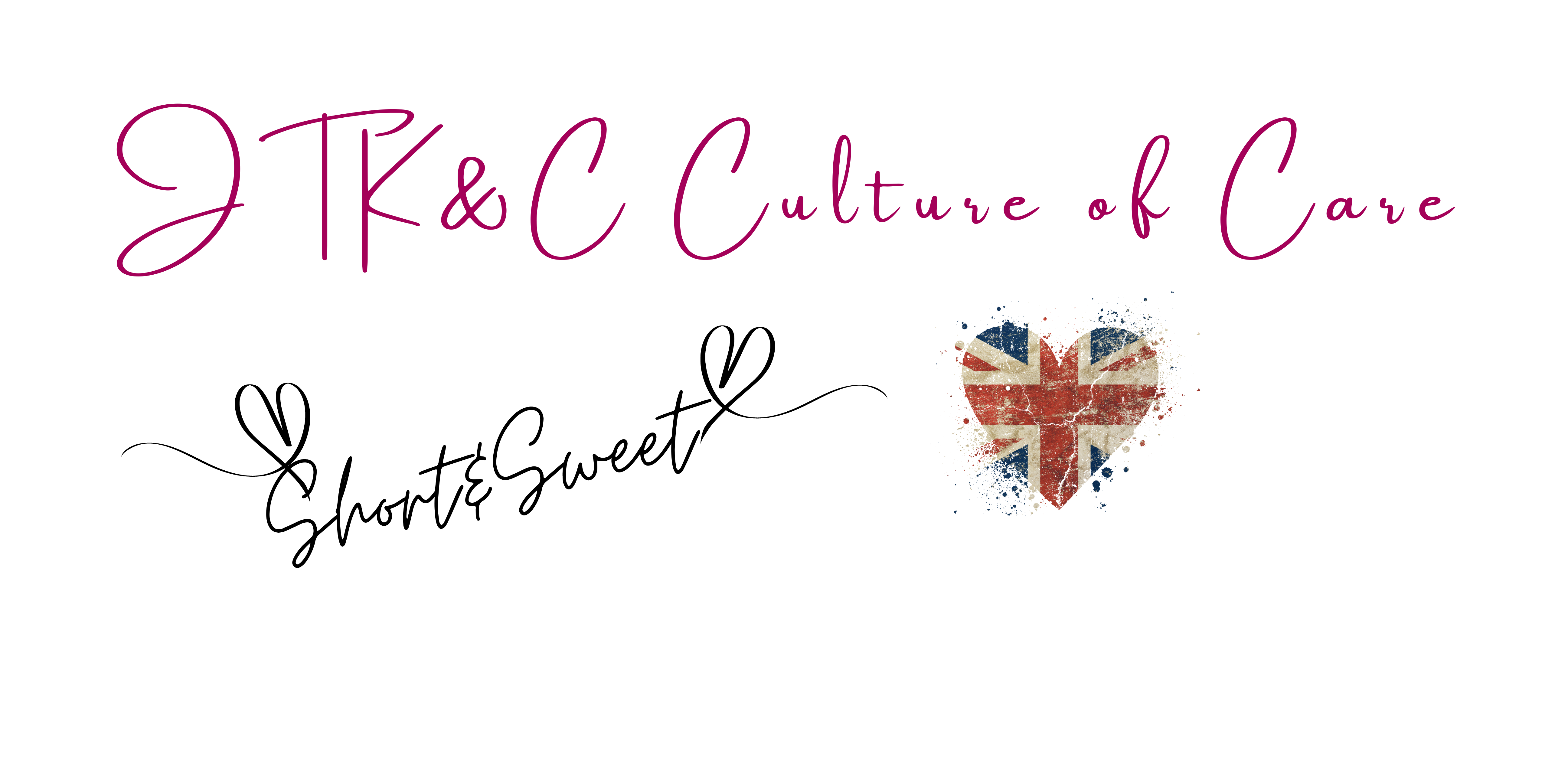Ban on social transition blocked by legal advice Steven Swinford Political Editor Tuesday July 18 2023, 9.00pm, The Times
Rishi Sunak is expected to delay issuing transgender guidance for schools after the attorney-general and government lawyers warned that plans to strengthen it would be unlawful.
A Whitehall source said that No 10 and Kemi Badenoch, the women and equalities minister, wanted the guidance to be hardened amid pressure from Tory MPs.
The draft guidance stated that children should be allowed to socially transition with the consent of their parents, meaning that they could choose another pronoun or name and wear the uniform of the opposite sex.
But the government then commissioned legal advice from Victoria Prentis, the attorney-general, about whether a ban on social transitioning in schools was possible. Last week she concluded that such a move would be unlawful and said that the government would need to pass new legislation if it wanted to go further.
Sunak had committed himself to publishing the guidance by the end of this week, but The Times has been told that is unlikely given the attorney-general’s advice. The prime minister is concerned about the “long-term implications” of allowing children to socially transition.
A government source said: “We have consistently said that this is about protecting children, empowering parents, and supporting teachers and school leaders by providing guidance for them to implement. It’s a complex and sensitive area and it’s right we get it right. More information is needed about the long-term implications of allowing a child to act as though they are the opposite sex and the impact that may have on other children too.”
• Parents fight to learn the truth about daughter’s transition
A Whitehall source said that No 10 and Badenoch had put forward a series of proposals to strengthen the guidance. The strongest — and a reflection of the government’s concerns — was a blanket ban on social transitioning.
Social transitioning describes the process by which transgender children or adults adopt a name, pronouns, and gender expression, such as clothing and haircuts, that match their new gender identity.
Prentis said that a blanket ban would be unlawful because the Equalities Act states that gender reassignment is a “protected characteristic”, regardless of age. She gave the same advice when ministers asked whether there could be a ban on social transitioning for primary school children.

Kemi Badenoch has suggested mandatory medical consultation before children are allowed to socially transition HENRY NICHOLLS/REUTERS
Badenoch also wanted to include greater protection for free speech in the guidance, stating explicitly that teachers must not be “compelled” to address children by their chosen pronoun if they had a “good faith” objection.
The attorney-general and government lawyers advised ministers to caveat the guidance and state that nobody “should” be compelled unless there was a “particular justification” for doing so. Ministers have raised concerns that the approach could give schools grounds to discipline teachers if they failed to respect a child’s chosen gender.
Badenoch also suggested that doctors must be consulted before allowing children to socially transition as part of a “clinical gateway”. Again the attorney-general suggested that the guidance would need to say that they “should” be consulted. The Department for Health said that the NHS would not be able to provide enough doctors and clinical support to advise on whether children should be able to socially transition.
‘To go further government has to change the law’
The attorney-general said that if the government wanted to go further on trans guidance for schools it would need to consider putting it on a statutory footing. Prentis herself is said to favour taking a tougher approach on the guidance.
A Whitehall source told The Times: “The government wants to go further but the problem is that this is guidance. It is coming up against the Equalities Act which is the law. If the government wants to go further, it has to change the law.”
There have been claims of differences of opinion between Gillian Keegan, the education secretary, and Badenoch. Keegan has emphasised the importance of trans rights and said that it would be “unreasonable” to stop children from socially transitioning, provided there is parental consent. Badenoch has repeatedly advocated a tougher approach and has called for the guidance to be “robust”.
Keegan told The Times last month: “It’s a tricky subject but I think parental consent is the key driver for this. Schools aren’t there as doctors or parents. They are there as educators. Parental consent is the most important thing. Parents are responsible for their child.”
Some Tory MPs have raised concerns about the guidance. Miriam Cates, the Tory MP for Penistone & Stocksbridge, recently said that the guidance risked becoming an “unethical population-level social experiment”.
A spokeswoman for the attorney-general’s office said: “By longstanding convention, reflected in the ministerial code, whether the law officers have been asked to provide legal advice and the content of any advice is not disclosed outside government without their explicit consent. That consent is rarely given.”
